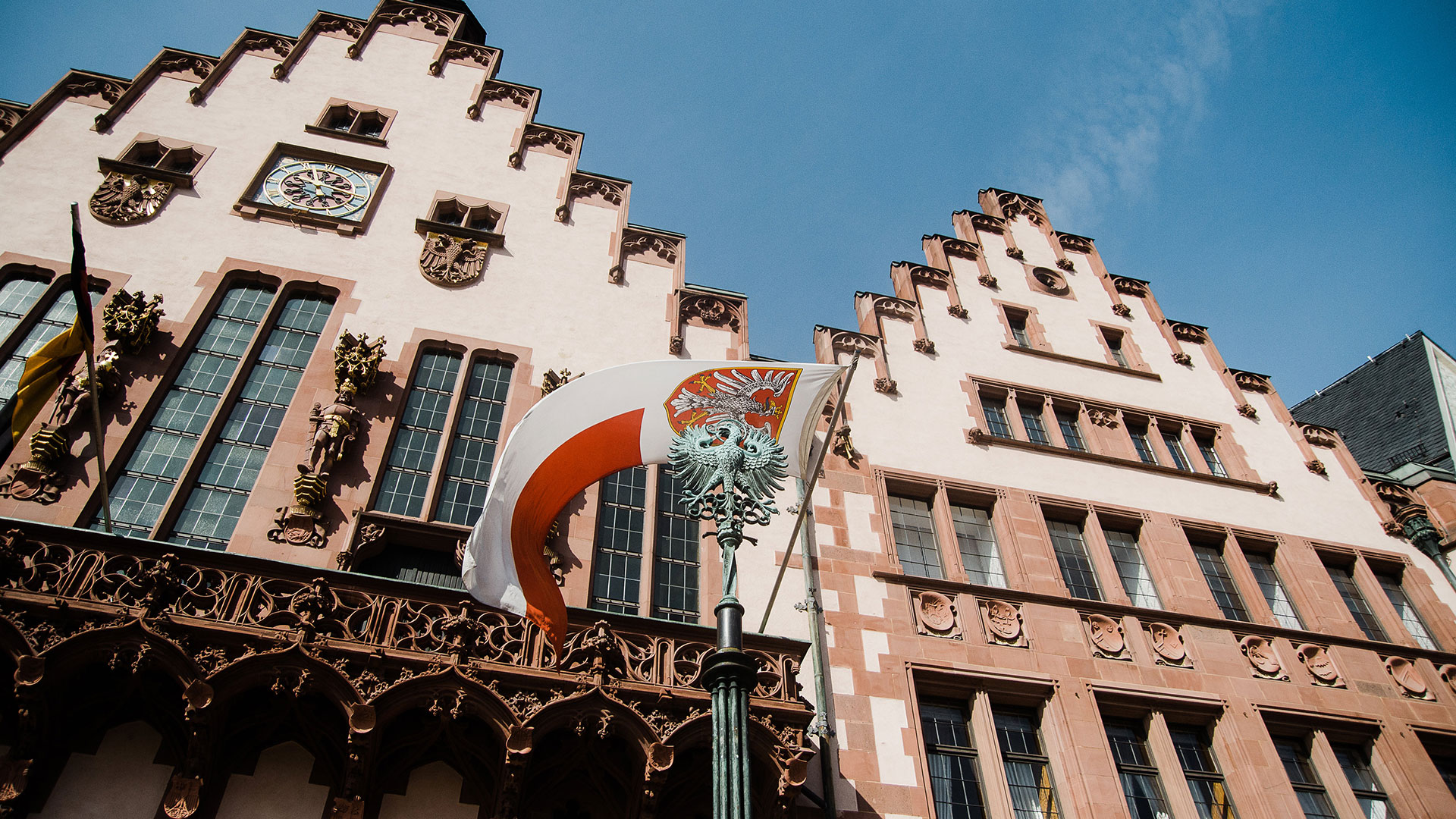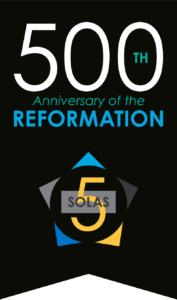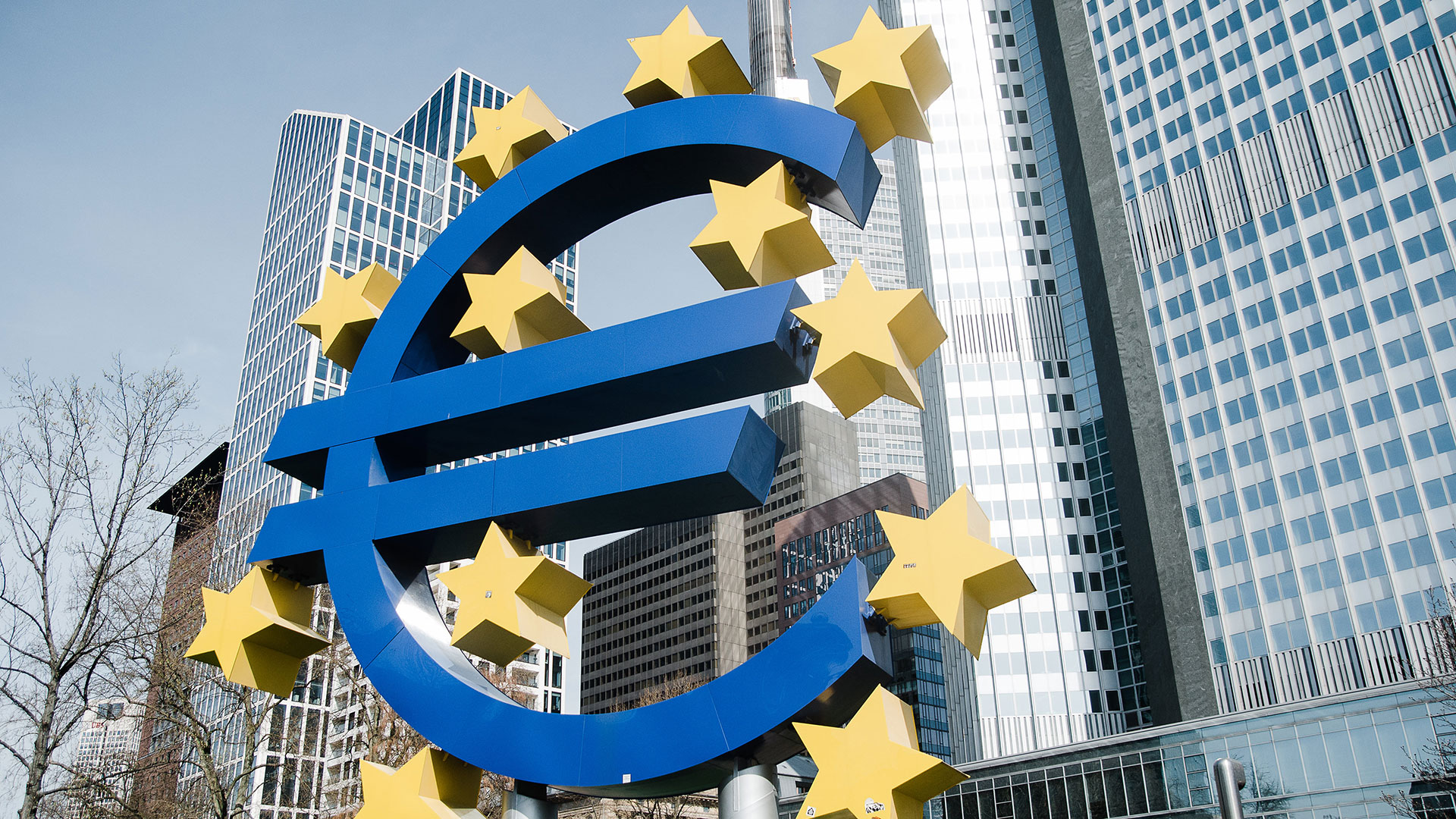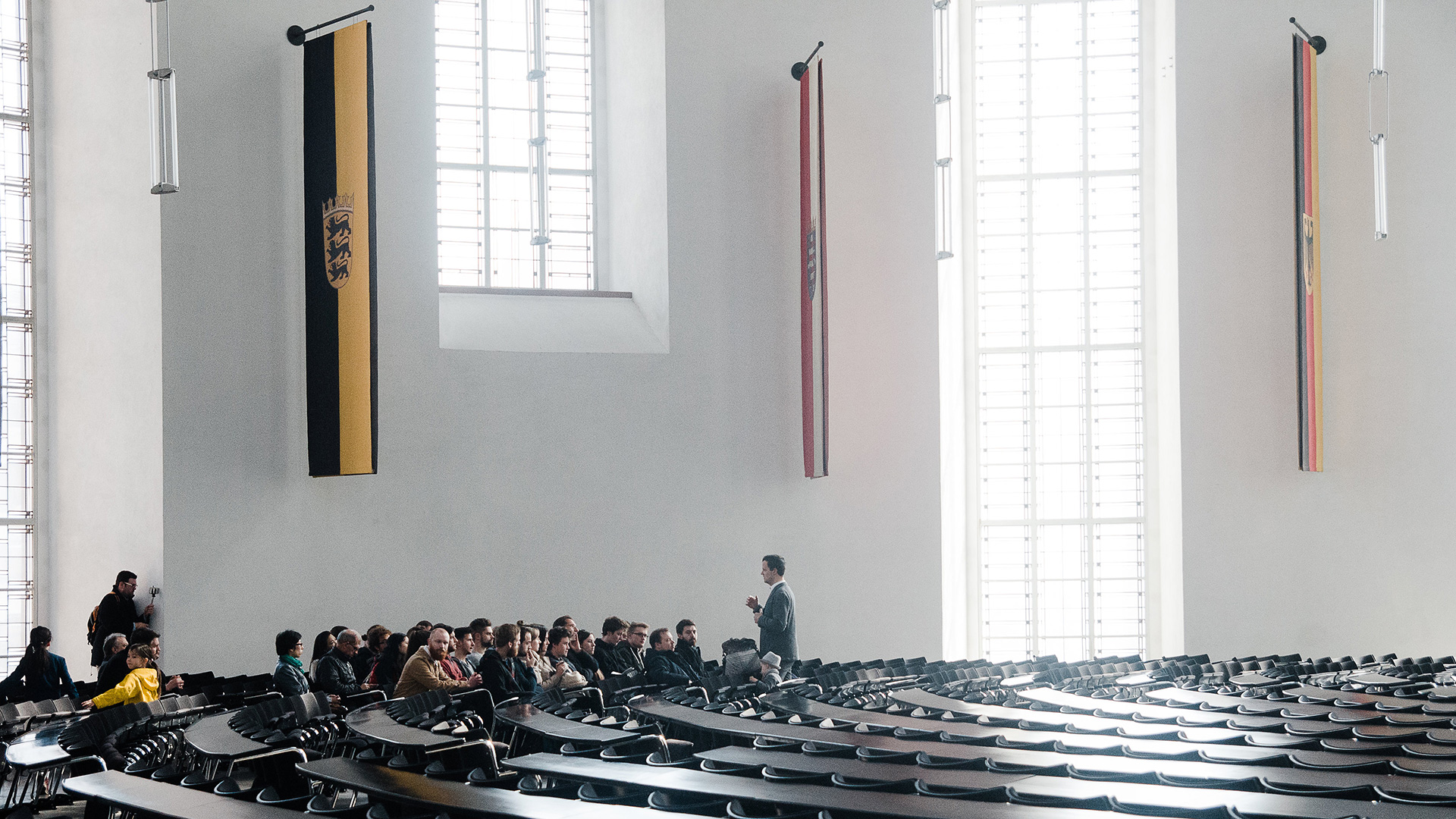
 Idolatry, the worship of something or someone as a god, is a practice that dates back to the dawn of human civilization. The urge to revere idols that can be seen, touched, and manipulated is still alive and well in the post-modern world. The Idolatry in the Modern World series explores expressions of idolatry in contemporary cultures around the globe to inspire prayer and engagement with the gospel.
Idolatry, the worship of something or someone as a god, is a practice that dates back to the dawn of human civilization. The urge to revere idols that can be seen, touched, and manipulated is still alive and well in the post-modern world. The Idolatry in the Modern World series explores expressions of idolatry in contemporary cultures around the globe to inspire prayer and engagement with the gospel.
Once a Christian shop owner set up a meeting with a beggar who was a substance abuse addict seeking pastoral help. They met at a coffee shop right in front of a bank, which is the tallest building in Germany.
The beggar sat looking at the towering bank and made a wise observation: “These bankers come out of the door in their thousand Euro suits. When I ask them for just one Euro, they get angry and pass by. They’re not much different than I am. They’re just as addicted and enslaved to their idol as I am to mine. Their idol is just more acceptable in society.”
This man understood that some idols may be more socially acceptable than others, but all keep people captive.
Exchanging Truth for a Lie
Idol worship is alive and well in Germany, the land of the Reformation, as well as in cities across Western Europe. Often idol worship isn’t as obvious as it would be in a Buddhist temple in Thailand or Hindu temple in Kuala Lumpur, but it’s no less enslaving.
The apostle Paul described those who worship idols as having “exchanged the truth of God for a lie, and [having] worshiped and served something created instead of the Creator, who is praised forever” (Rom. 1:25).
“Some idols may be more socially acceptable than others, but all keep people captive.”
Take a walk with us through Frankfurt, Germany, and discover some of the idols tempting people here.
1. The Idol of Drugs
In Frankfurt as you exit the east side of the train station, the idol of drugs is easily accessible. Dealers mingle with users in groups. Many users describe a drug induced high as a spiritual experience. For a moment, worshipers forget all the bad things in the world and enjoy escape and ecstasy. A beautiful experience is promised through a substance, but not through God. Drugs provide a shortcut to fulfillment and joy, something only God can give in a full and lasting way.
2. The Idol of Sex
Not far from the train station is Germany’s second largest red light district. Prostitution in Germany is legal, and Frankfurt is home to thousands of women working as prostitutes. As you walk down the streets, you see people going in and out of large public brothels, which function as temples built for the idol of sex. Christians who minister to the women working in this environment describe the buildings as long halls with many private rooms rented by workers daily.
Worshipers of this idol enter, bring their offering, choose a partner, receive momentary pleasure, and walk away. For those working in this industry, another idol often holds them captive—money.

3. The Idol of Money
After leaving the red light district, you cross over into the financial district, a world of skyscrapers inhabited by some of the most influential banks on the planet. Frankfurt is the financial center of the European Union and home to the European Central Bank and more than one hundred other banks. The idol of money is the city’s most prominent and powerful idol, tempting people with wealth and success.
The idol of money promises security, power, and access to many other idols like sex and drugs. There are people in Frankfurt who work seven days a week for fourteen hours a day for years in order to obtain this idol. People who worship this idol often sacrifice their health and their families just to obtain wealth.
4. The Idol of Knowledge
Where the city’s medieval walls once stood, a long city park stretches around the city in a star-like shape. Statues of Johann Wolfgang Goethe, a native of Frankfurt and Germany’s most famous writer, and of authors Gotthold Lessing and Friedrich Schiller evidence another idol—the worship of knowledge.
Frankfurt is home to the second largest library in the world. Some give their entire lives to amassing more knowledge. In certain neighborhoods, homes boast walls lined with books carefully displayed as a sign of one’s educational background. Worshiping this idol can lead to a feeling of superiority and pride.
The gospel is not anti-knowledge but redeems knowledge and gives it purpose.

5. The Idol of the Arts
Walking north through the park, you arrive at Frankfurt’s Old Opera House. On the front of the building in large letters are the words, “To the true, the beautiful, the good.” This idol promises something truly beautiful. Many people describe listening to Beethoven at the opera house as a spiritual experience. While music and art can inspire us to worship the Creator, if our hearts begin to worship the music itself, or the human composer and performers, even the arts can lead to idolatry.
Johann Sebastian Bach, one of the greatest German composers, wrote the words Soli Deo Gloria—Glory to God alone—at the end of each of his compositions. He encouraged those who loved music not to idolize it or him, but to glorify the God who made music possible.
6. The Idol of Fashion
In the city center, you find the central shopping district where the idol of fashion is on display. This idol promises that if you buy clothes in these stores, you’ll be more attractive and others will admire you. For those who worship this idol, buying new clothes or shoes often gives them a momentary sense of satisfaction and a superficial peace. If worshipers of this idol have a bad day at work, are entangled in difficult relationships, or are depressed, their impulse is to go shopping. Followers of this idol believe they can buy something that’s missing in their lives without realizing true fulfillment doesn’t have a price tag.
Freedom from the Vicious Cycle of Idolatry
Idols have a way of multiplying in our lives. Many who worship the idol of money may, in their emptiness, begin to crave love and intimacy. They exchange one idol—money—for the idol of sex. Women selling their bodies in brothels often take what they’ve earned to the drug idol, looking for a temporary way out of the despair of sexual exploitation.
While an idol may provide pleasure and fulfillment in a temporary way, it only supplies enough to leave people desiring more. In this way, an idol enslaves; it never frees. Sometimes, people offer their lives on the altar of an idol.
Jesus is the answer. The gospel doesn’t push us to avoid those trapped in idolatry but to go to them proclaiming the gospel with compassion and understanding. If we turn from our idols and place our affections on Jesus, then by grace through faith, we become true sons and daughters of God, who promises freedom from sin and redeemed desires (Eph. 2:8; John 1:12). For the wages of sin, including idol worship, is death, but the gift of God, the gospel, is eternal life (Rom. 6:23).
Kelly Seely serves with his wife, Janice, and their two daughters in Frankfurt, Germany, as a church planter. He enjoys a partnership with the Center for Church Planting, a group of local churches and pastors who desire to see a movement of the gospel that would result in healthy disciples and churches.
Stephan Pues, a German national, is the founding pastor of Nordstern Church in Frankfurt, Germany, and serves on the leadership team of the Center for Church Planting.

